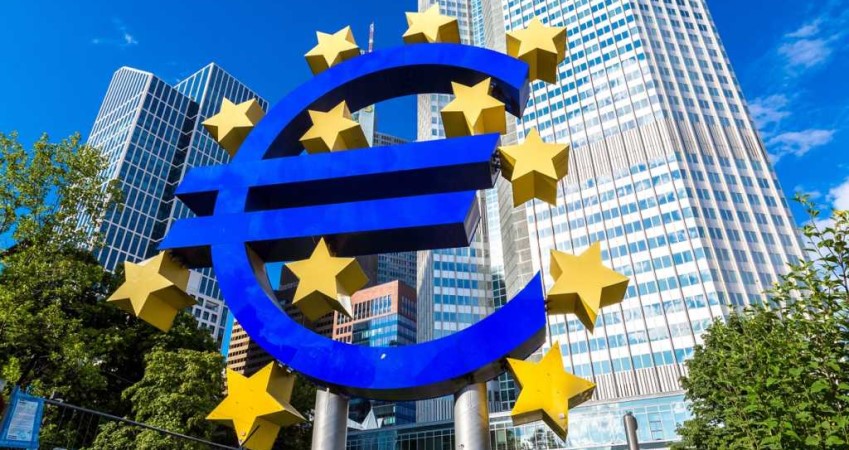
The collapse of US bank Silicon Valley Bank (SVB) reduces the likelihood of a European Central Bank (ECB) pledge of a major rate hike later this week, economists say.
The ECB’s policymakers will meet on Thursday and decide how much to raise interest rates. At the last two meetings, interest rates rose by 0.5 percentage points. Economists initially expected that interest rates would be raised again with such a giant step, but that may now be less strong.
Economists also think the US central bank will not raise interest rates by 50 basis points next week. Some market experts even speculate that the Federal Reserve (Fed) will refrain from raising interest rates altogether. “Smaller interest rate steps by the Fed are now more likely,” said Van Lanschot Kempen on Monday.
Last week, SVB ran into financial problems after a failed share issue and eventually a bank run. The US government then intervened to prevent worse. “The Federal Reserve and the government intervened adequately last weekend to prevent further financial system contagion. Sufficiently thorough, it seems, at the moment,” writes Van Lanschot Kempen in a report. “The measures taken to prevent the smouldering fire from certain American banks from becoming a blaze are decisive.”
Some compare the SVB issue to the banking crisis of 2007/2008. “This comparison seems exaggerated at this point. For example, the underlying problems came from the real estate market. And the real estate market has a lot of specific weight in the global economic and financial system,” says Van Lanschot Kempen.
According to economists, the problems at SVB result from poor balance sheet management at a specific bank. “In general, banks’ capital buffers have also become considerably higher,” notes Van Lanschot Kempen.
Incidentally, the turmoil in the stock markets caused the gold price to rise further on Monday. Since Wednesday, gold, considered a haven in uncertain times, has become about 4 percent more expensive. Silver also became more expensive.
